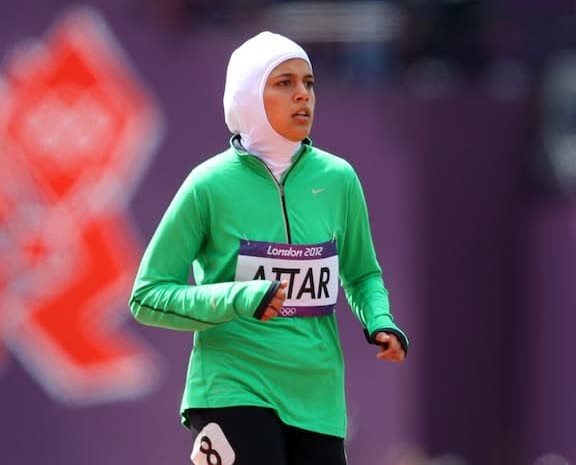France’s prohibition on hijabs in sports and its related regulations for athletic events have once again drawn sharp international scrutiny.
A Clash Between Secular Norms and Inclusive Values
As the tension between France’s secular norms and inclusive social values intensifies, the ban on Islamic dress in national sports has returned to the international spotlight. Advocates say the restrictions ought to be lifted, arguing that they deprive women of access to spaces they have every right to share. In recent days, global platforms criticized France over what they described as the “unjust exclusion” of Muslim female athletes, particularly in a debate held in Finland.
From Paris Olympics to National Policy
During the Paris 2024 Olympics, the French government stipulated that its athletes would not be permitted to wear the Islamic hijab during competitions—an edict that drew condemnation from human rights groups and prominent sports figures, who labeled it discriminatory on grounds of gender and religion. Nevertheless, the French state extended the ban to encompass sports such as basketball, volleyball, and football at both amateur and professional levels.
The International Olympic Committee attempted a middle path at the time: allowing hijabs in the Olympic Village but leaving the decision of their use during competition to the host country. After the Games, a United Nations‐appointed panel sharply criticized France’s handling of religious freedoms within its sports framework.
Voices from the Field
Khayran Noor, founder of Sports Legal, spoke at the “Play the Game” conference, asserting, “When sport removes hijab, it also erases the space that belongs to women.” She cautioned that neutrality should not come at the cost of individual rights. Meanwhile, UN experts have openly condemned France’s athletic hijab bans as discriminatory and urged their reversal.
Current developments intensify the controversy. In 2025, France’s Senate supported a legislative proposal to ban religious symbols—including the Muslim headscarf—from all sporting competitions. Human rights organizations, including Amnesty International, argue this shift would breach fundamental freedoms and disproportionately affect Muslim women and girls.
Demographics, Sports Federations & Divergent Rules
France is home to an estimated six to seven million Muslims, roughly 11 % of its population. Across its sporting federations, rules remain inconsistent: rugby, volleyball, basketball, and football enforce hijab bans, while other disciplines like handball and athletics permit them.
Sportswear brands have entered the debate too. Companies like Haya and Nike have already introduced lightweight, performance-oriented hijabs tailored for athletic use—efforts to bridge the gap between sport and modesty.
A Legally Challenging Position
Viewed through the lens of international human rights, France’s sports dress restrictions stand on shaky ground. In 2024, a UN rights panel publicly called on the country to reverse its policies, describing bans as incompatible with conventions protecting freedom of religion and nondiscrimination. Further pressure came in 2025 when France’s Senate moved toward codifying broader bans, reigniting debates about equality, secularism, and the rights of Muslim female athletes.
As France continues to champion laïcité—its constitutional principle of secularism—over individual expression, it risks facing mounting legal and reputational challenges on the global stage.
From: Fars


